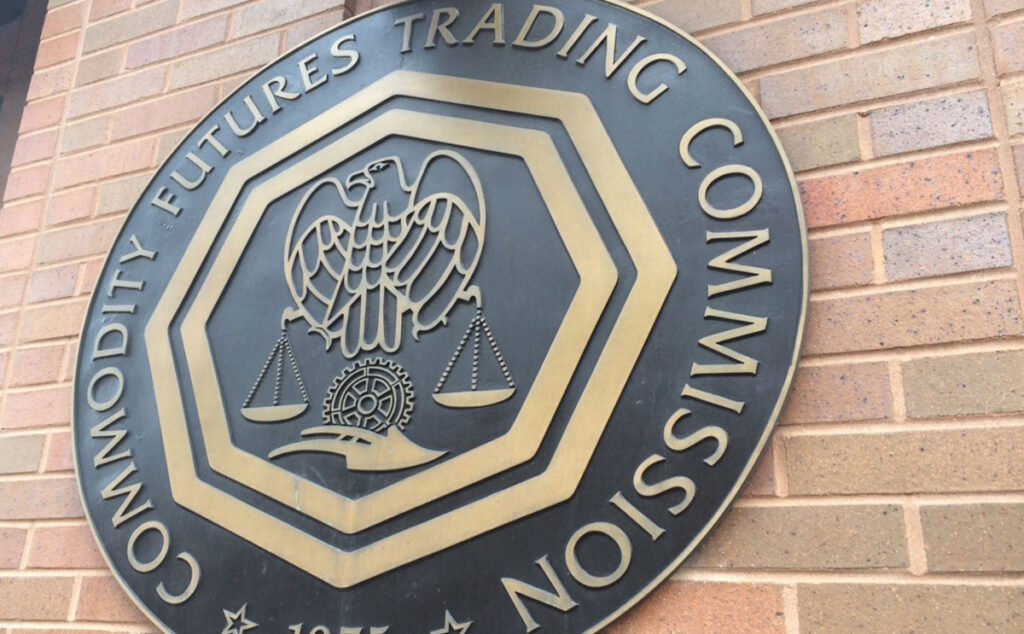Bitcoin surged towards its recent high as Wall Street opened its doors on January 11th, as new U.S. macroeconomic data put inflation back on the radar. In the pre-market trading hours, Bitcoin’s price exhibited volatility, primarily hovering around $47,000.
The December Consumer Price Index (CPI) report defied expectations, revealing that inflation was accelerating faster than anticipated.
The month-on-month CPI showed a 0.3% increase, surpassing the expected 0.2%.
Furthermore, on a year-on-year basis, the index rose by 3.4%, exceeding the anticipated 3.2%, according to data from the U.S. Bureau of Labor Statistics.
This data confirmed a larger increase in the all-items index for the 12 months ending in December compared to November.
Although such reports usually trigger fluctuations in risk assets, this time they added to the already existing tension in the cryptocurrency markets.
On January 10th, the first U.S. spot Bitcoin exchange-traded fund (ETF) received approval, and its inaugural trading day was set for January 11th. Pre-market data indicated strong investor interest ahead of the ETF’s debut.
On that day, BTC/USD on Bitstamp briefly surpassed $47,700 but remained within its established range, with $48,000 acting as a resistance level.
READ MORE: SEC Renews Warning on FOMO Crypto Investing Ahead of Expected Bitcoin ETF Approvals
Prominent trader Jelle emphasized that shorting Bitcoin at this point was unwise, predicting an eventual upward acceleration.
Meanwhile, Ethereum outshone Bitcoin, with its 24-hour gains exceeding 10%.
This surge was attributed to traders shifting their focus to Ethereum after the ETF approval, as they didn’t witness the expected pump in Bitcoin’s price.
Crypto Tony, another trader, noted this shift in investor sentiment, driving ETH/USD to reach $2,666 on Bitstamp, its highest level since May 2022.
Other cryptocurrencies, such as Solana’s SOL and XRP, also posted double-digit gains.
In conclusion, Bitcoin’s price rallied as U.S. inflation data surprised investors, while the approval of the first U.S. Bitcoin ETF added to the cryptocurrency market’s anticipation.
Despite the volatility, Bitcoin remained within its established range, and Ethereum stole the spotlight with significant gains.
These developments illustrated the continued interest and resilience of the cryptocurrency market in the face of economic data and regulatory advancements.










